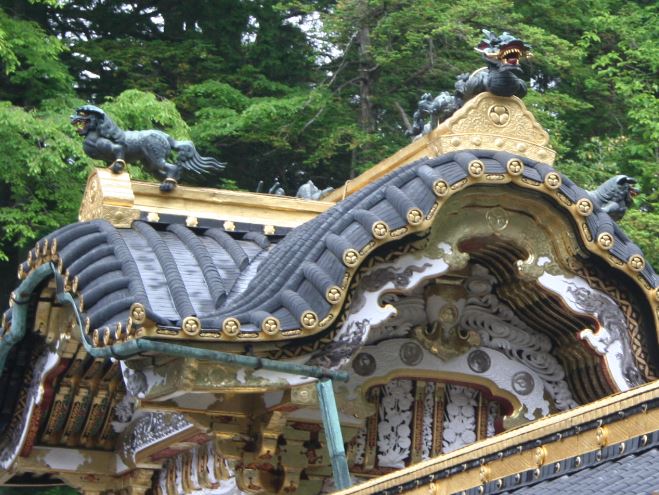By Mark Schaefer
I just finished up a speaking tour of Tokyo in support of the Japanese translation of my book Return On Influence
Bowing deeply
When I entered the headquarters building for meetings with Dentsu, Japan’s largest advertising agency, I noticed a strange sign in the lobby — a neck tie with an “X” through it. My colleague explained that employees were not required to wear ties in the hot summer season and the placard offered an apology, explaining that the company was saving energy and did not mean any sign of disrespect to customers.
Several years ago, I attended a customer celebration where the people from my company literally were on their knees bowing when the customers entered the room.
This fanatical view of service is pervasive in the Japanese culture. When it comes to customers, they bow deeply. If you think you are focused on customer satisfaction, visit Japan for a week and you will be truly humbled.
No, the world is not all Facebook-crazy
One reason, they explained, is that there is no cable TV in Tokyo. Instead of the hundreds of channels fighting for attention that we have in America, there are five channels that have progressively grown stronger. One marketer told me that the Japanese consumer has been “optimized” for television and this tie is becoming even more powerful now that programs can be viewed everywhere on mobile devices.
While social media use is growing in Japan, it is not the dominating cultural force for change as it is in other parts of the world. Blogging, podcasting, and personal video channels are years behind where we are in the U.S. — which is perfectly fine. The channels are wrapping around the culture.
Attention to process
I was sitting in the hotel lobby and noticed a piece of thread drifting to the floor after a guest passed by. As soon as it hit the floor, an employee literally ran over to the spot to pluck it up.
The cabs and bus seats are covered with clean white doilies and even many truck drivers wear white gloves. In every place I visited — hotels, office buildings, restaurants, retail stores — it seems that not a single detail went un-noticed.
Of course the Japanese have traditions for many common business practices, too. Even a simple exchange of business cards or a hand shake is filled with meaning.
The point is, there is a lot of attention on HOW things get done, not just WHAT gets done and that makes a huge difference. In America, the emphasis is usually on the results, not necessarily the means to get there, and I think that leads to a lot of the shady Internet practices we see today.
Social influence on the rise
Some companies are moving beyond the experimental stage and are on the way toward developing advanced models, processes, and measurement. If you consider the culture’s deep respect for the customer, combined with a heritage of creative applications of technology, this trend makes perfect sense. Soon, social influence marketing will become a mainstream competency. One large company already has a social influence marketing department.
A gentle touch
I’m not sure of another word but “civil” to contrast what I experience in Japan versus other places. Certainly a homogeneous culture built on thousands of years of collaboration in a small land space would contribute to this. But it’s just a nicer place.
One of the challenges Facebook has in Japan is that the population prefers anonymous handles instead of their real names (a hallmark of the Facebook terms of service). I asked one blogger if that promoted a culture where people would be “meaner” to each other since they can hide behind false personas. He looked mystified. I repeated the question. “No. Why would we be mean to each other?” he said.
This week, an anonymous commenter called me “an idiot” because of a misspelling on a post. I think many folks could benefit from taking a deep breath and inserting more civility into their work, including me.
Business lessons from Japan and opportunity
Tokyo is an intense place. It is incredibly crowded, expensive and — despite a superb public transportation system — difficult to navigate. Yet, the underlying culture and kindness of the people is such an inspiration. I think our business world would be so much more pleasant and effective if we all had a little bit of Japanese in our hearts. That’s my goal, any way!
What are your thoughts? Have you had similar observations about Japan?
Illustrations: All original photos from Nikko World Heritage Site.
